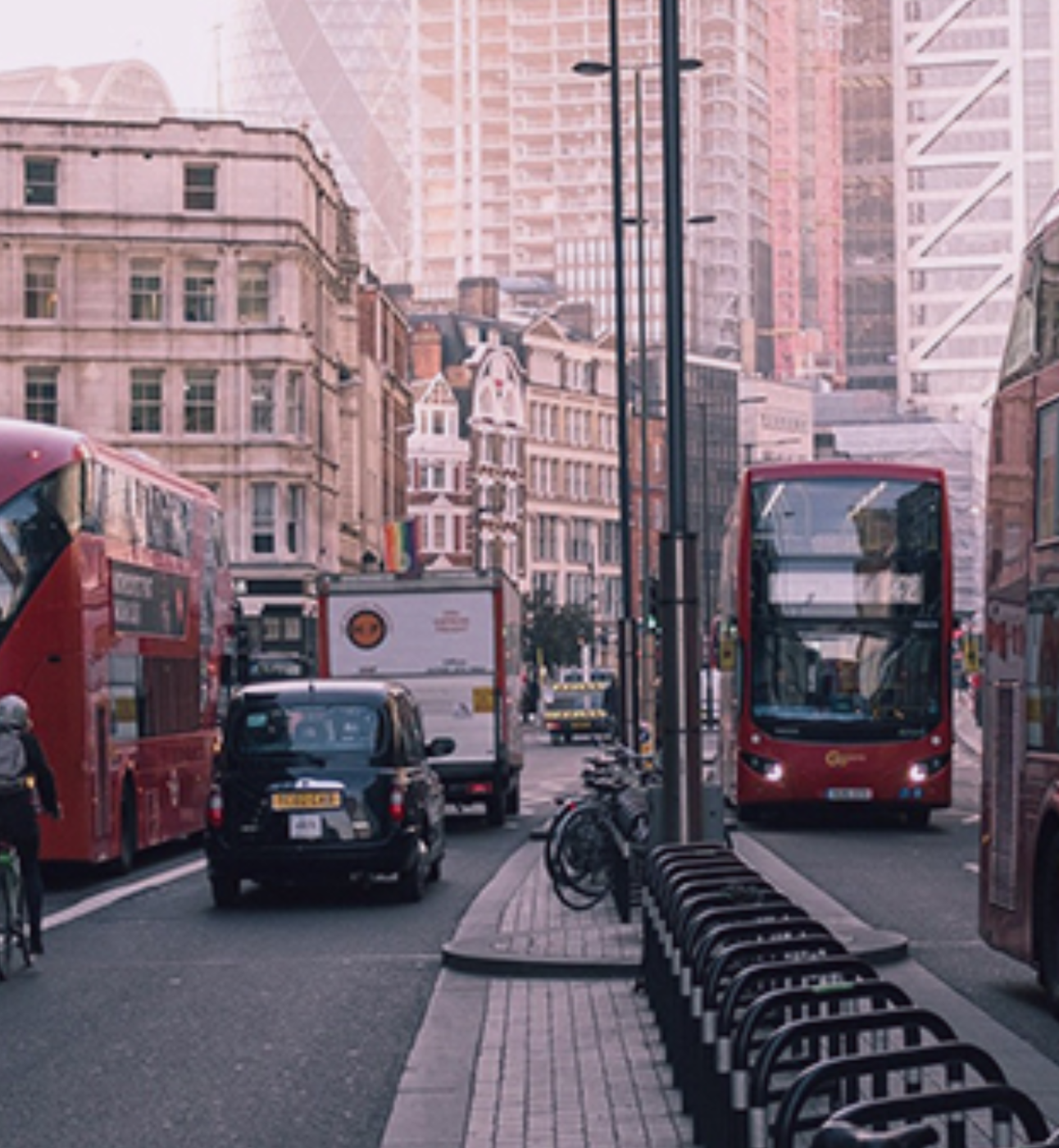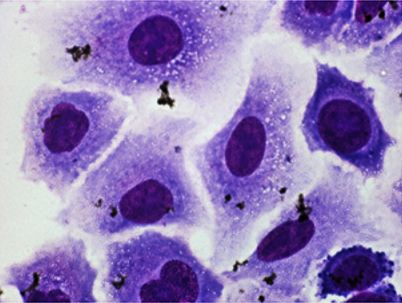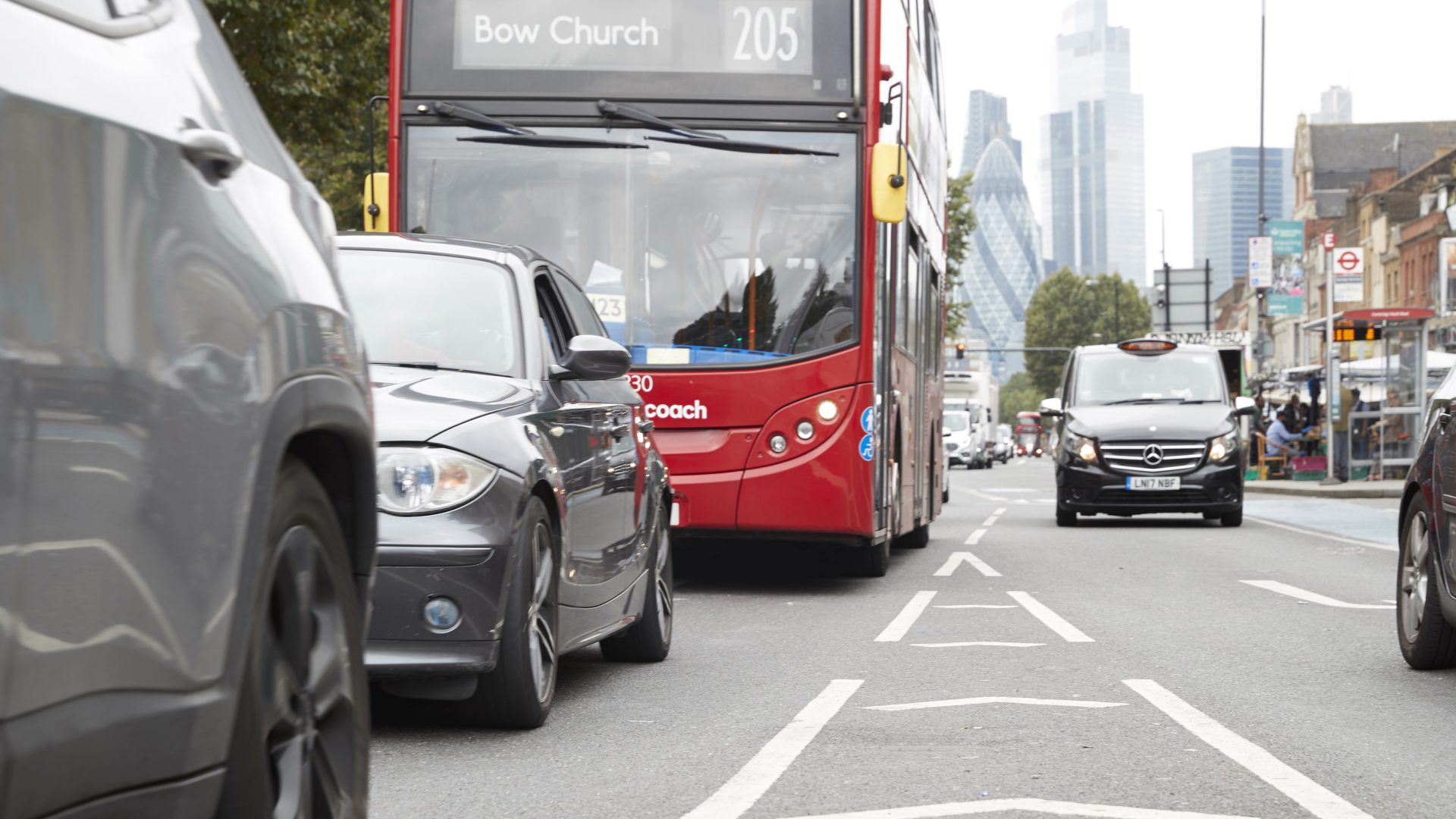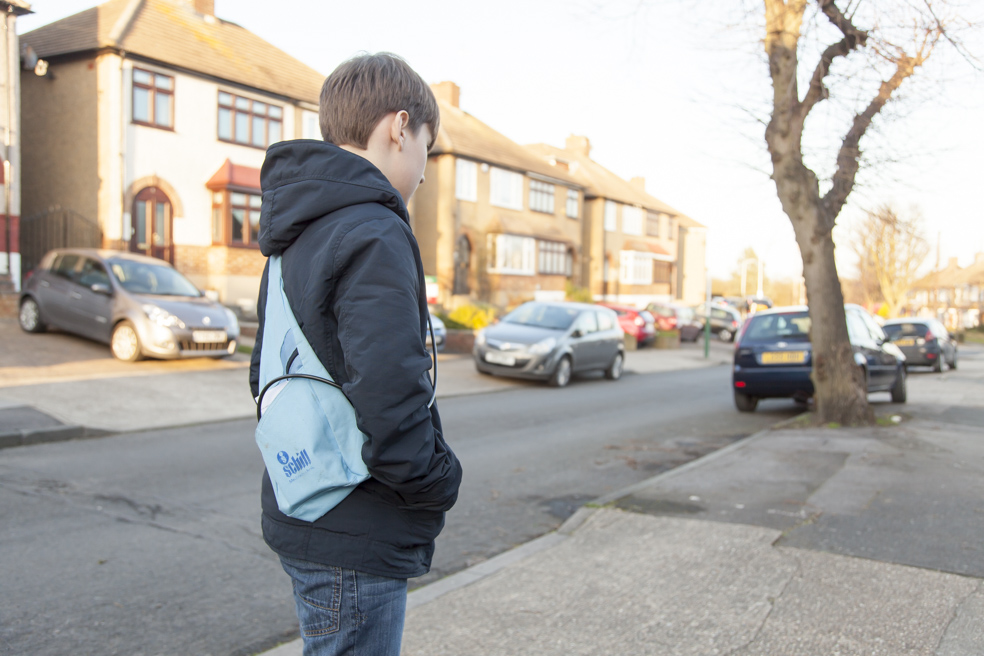Project lead Professor Jonathan Grigg, Professor of Paediatric Respiratory and Environmental Medicine at Queen Mary University of London, says:
“The importance of this work is that it aims to show that the association between exposure to increased fossil fuel pollution and increased vulnerability to Covid-19.”
Researchers already know that Covid-19 hijacks and infects cells which contain the enzyme ACE2. This study will look at whether different toxins from air pollution increase ACE2 cells on the surface of the lungs, allowing COVID-19 cells to take effect.
The study will, for the first time, screen a wide range of inhaled toxins such as particles from car exhausts and the London Underground, cigarette smoke and vape, to see if they increase susceptibility to Covid-19.
Researchers will also look at therapies which may reduce the amount of ACE2 and therefore reduce the effects of Covid-19, including nicotine, immune boosters, and antioxidants.






